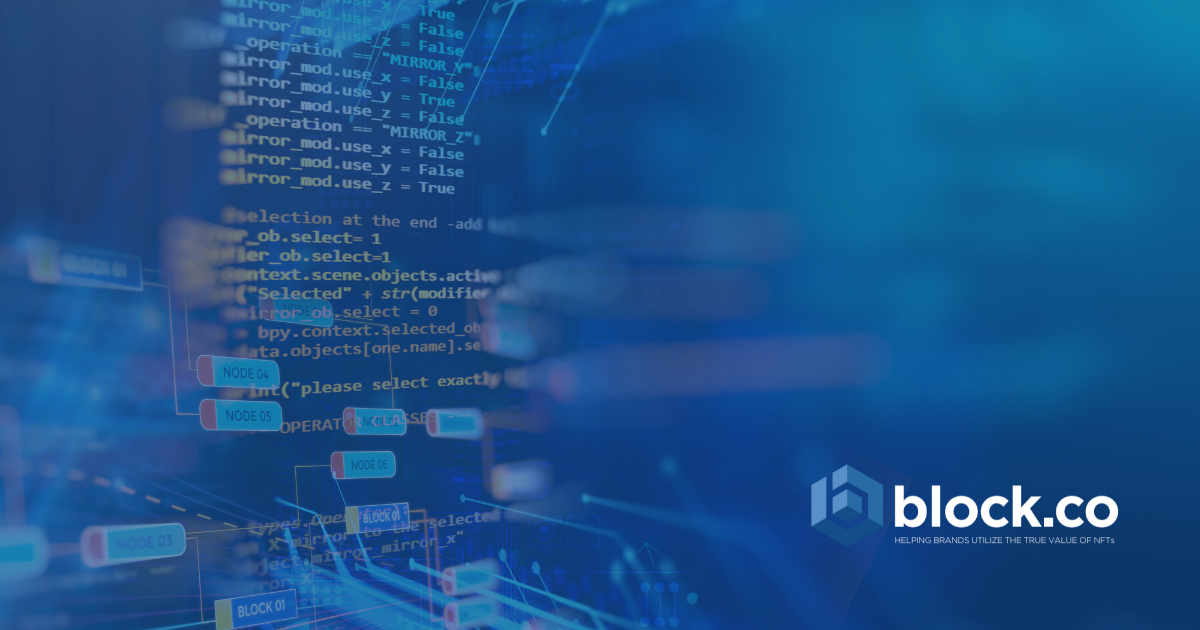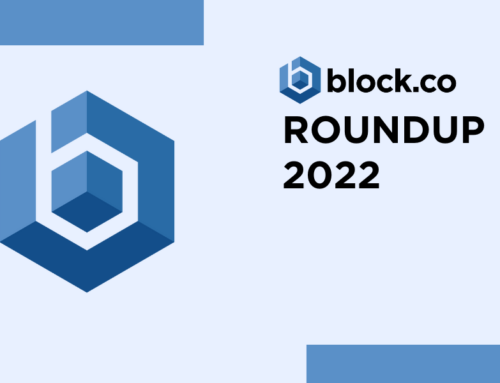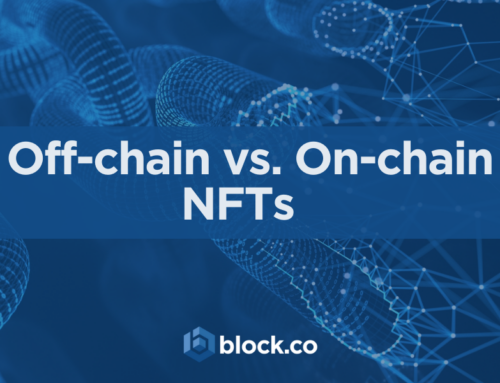Efficiencies and Cost-Savings Achieved with Blockchain Technology in the Public Sector

Behind the hype and the idea that blockchain will fix everything, solid beliefs reveal a technology that offers important use cases and helps resolve inefficiencies in those systems that shape the public sector bureaucratic machine. We still experience the simplest task like a burden, stuck in long bureaucratic procedures with personal documentation going through several human verification processes and audits, with long and endless checks and rampant fraud. Blockchain technology in the Public Sector promises efficiencies and cost savings. In this article, we will discuss a few use cases and examples.
The very nature of the blockchain, a decentralized validated trustless network accessible to all its peers at any time in any place, appears as extremely appetible for the administration of local authorities and governments alike that need to face such challenges. Its value across the public sector is becoming clearer by the day.
Blockchain technology in the Public Sector use cases everywhere primarily focus on two key areas:
- Increasing Operational Efficiency such as securing and sharing important records like identity and benefits management, but also contracting and procurement, asset tracking, trade, and regulatory compliance;
- Improving Citizen Services such as voting, taxation, healthcare, and disaster recovery.
Ultimately, the purpose of every government is to serve its citizens and there’s currently no better way to do it than adopting strong automation systems potentially leading to significant cost savings in the data processing.
It is estimated that each government agency deals with almost 4 million gigabytes of data with endless paper documents, email, social media posts, phone conversations, web pages. Approximately 625,000 new pages per year are apparently produced per 100 government employees. As a result, the smooth management of government data has become an emergency and many welcome Blockchain to the rescue. The technology is still in its infancy but one of the reasons why it is promising and a valuable resource for digitalized administrations is the experimentation that is happening worldwide with the USA and the European Union paving the way.
In the US, the General Services Administration (GSA) is looking to modernize its organization processes by adopting distributed ledger technologies to improve transparency, efficiency, and trust in information sharing. In West Virginia, an e-voting pilot allowed military voters overseas to vote in midterm elections by means of a mobile app that uses a private blockchain. The pilot was a success and will be used for the 2020 presidential election.
Last year in Europe, a total of 27 member states of the European Union including Norway, signed a Declaration with the intent to create the European Blockchain Partnership (EBP) to support the delivery of cross-border digital public services with the highest standards of security and privacy. The European Commission also launched the EU Blockchain Observatory and Forum in February 2018 and is planning to allocate around EUR 300 million to the deployment of blockchain by 2020. Real use cases of blockchain adoption in Europe include the city of Zug in Switzerland, also named the Swiss crypto-valley, which issued the first publicly verified blockchain-based identity credential to residents used for e-voting and renting e-bikes.
In the Netherlands, IBM has been working with the Vehicle Licensing Organization (RDW), experimenting with blockchain for the registration of electric bikes to reduce bike thefts and streamline the insurance claims process when a bike gets stolen. Similar processes can be adopted for all sorts of assets, from physical and intellectual properties to bonds, mortgages, etc. The Finnish government has worked with a local startup to introduce a blockchain-based identity system for refugees in Finnish camps that is linked to a debit card the refugees can use to buy food and other necessities. In the UK, blockchain start-up Govcoin is trying to disrupt the welfare state by means of a mobile phone app to give claimants instant access to benefits and avoid delays in payment processing. Block.co’s solution can also issue social benefit certificates with revocation and re-issuance at each interval where the benefit is entitled.
Since independence, Estonia has been on the front line with technological investments and a prime example of its innovation is the famous blockchain-based digital government and e-residency program. This portal enables anyone to become an e-resident of the country in 30–60 minutes with 100 Euros and can be used to create a digital identity, establish a business, set up banking relationships, and execute business documents. Also, online tax bills can now be paid by e-residents in Estonia via the blockchain-based solution. Just like in Estonia, Block.co is working with authorities in Cyprus to provide notary services and documentation like marriage certificates, corporate documents, and licenses issued on the blockchain.
Outside Europe and the US, Dubai is set to become the first country in the world completely powered by blockchain. By 2021 it ambitiously plans to have all of its documents and 50% of its services operating on a blockchain platform. These systems are forecast to save tens of millions of hours of work and billions of dollars annually. Dubai is also planning to issue a digital currency to enable cross-border payments and track all real-estate transactions on an immutable blockchain ledger. Always in Dubai, the Department of Economic Development (DED) has teamed up with the Dubai Silicon Oasis Authority (DSOA), as well as the Smart Dubai initiative and IBM, to develop a commercial business registry built with blockchain. Block.co already has a presence in Dubai with the Dubai British University using the company’s solution for academic credentials on the blockchain while the University of Nicosia is helping the Government of Dubai to promote the understanding and benefits of using blockchain.
Despite India’s infamous hostility towards cryptocurrencies, Indian Prime Minister Narendra Modi has recently welcomed the rapid adoption of emerging technology like blockchain and IoT in workplaces. For example, local authorities are following suit in Andhra Pradesh, India, as blockchain systems are being used for land registration records and for vehicle registration. In Ghana, IBM is working with the government to develop blockchain technology for land administration while in 2018 The Republic of Georgia started to look at introducing smart contracts in real estate registrations to enhance transparency and efficiency and reduce costs.
Digital identities and credentials on the blockchain remain among the best real use cases currently available and when it comes to academic documentation digitally and cryptographically signed, the University of Nicosia and MIT are pioneers in the sector. Academic achievement is simply another kind of value. In the same way, as a financial transaction is time-stamped in the ledger with data about the sender, the receiver, and the amount transacted, the academic credentialing as well is recorded with an issuer, a receiver, and a one-way hash of the content that can be used for verification.
Block.co can help provide the necessary technical expertise to follow the whole process from creation to publication on the blockchain where the document will be safely stored for life and where it can be independently verified by any third party.
If your brand is ready to take the step into web 3.0 and NFT marketing, to optimize engagement with your audience in innovative ways, then click the button below to get your Free Trial, a limited number of Free NFTs, and a Free Consultation call from our team!
For more info, contact Block.co directly or email at enquiries@block.co.
Tel +357 70007828
Get the latest from Block.co, like and follow us on social media:







